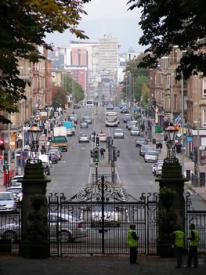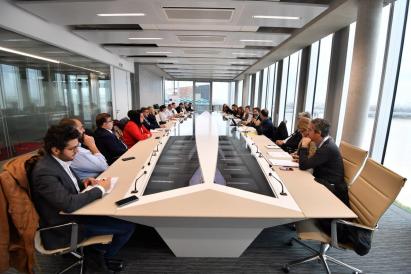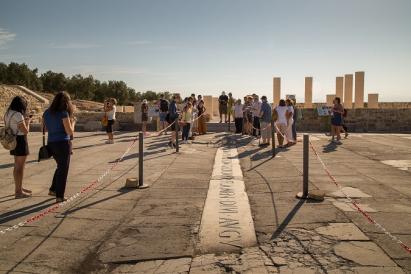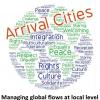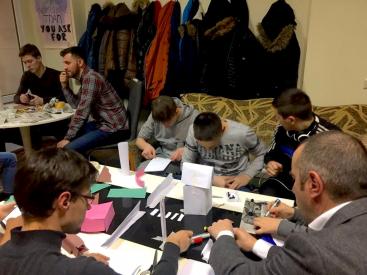How to plan for healthy and active communities: learning through ’Deep Dive’
Healthy and active communities are integral parts of a smart city – and they must be planned for. Urban planning has a crucial role in facilitating networks and providing spaces which encourage citizens to engage in physical activity. Well-designed public spaces are not only attractive additions to the streetscape, they are also incentives for people to spend time outdoors, mingle and connect.
The VITALCITIES Action Planning Network explored the possibility of tackling social exclusion through the redesign of public spaces in deprived residential areas. The project seeks to find innovative tools and low threshold infrastructure solutions for creating activity-friendly environments.
As part of the knowledge sharing & capacity building, participating cities have undergone a so called ’Deep Dive’ process, a three-tiered approach to transnational learning and sharing best practice. Every participating city was given partners to help them understand their current strength and weaknesses in providing Physical Activity (PA), as well as to explore options for future improvement.
3 Steps of the Deep-dive approach: from self analysis to peer reviews

